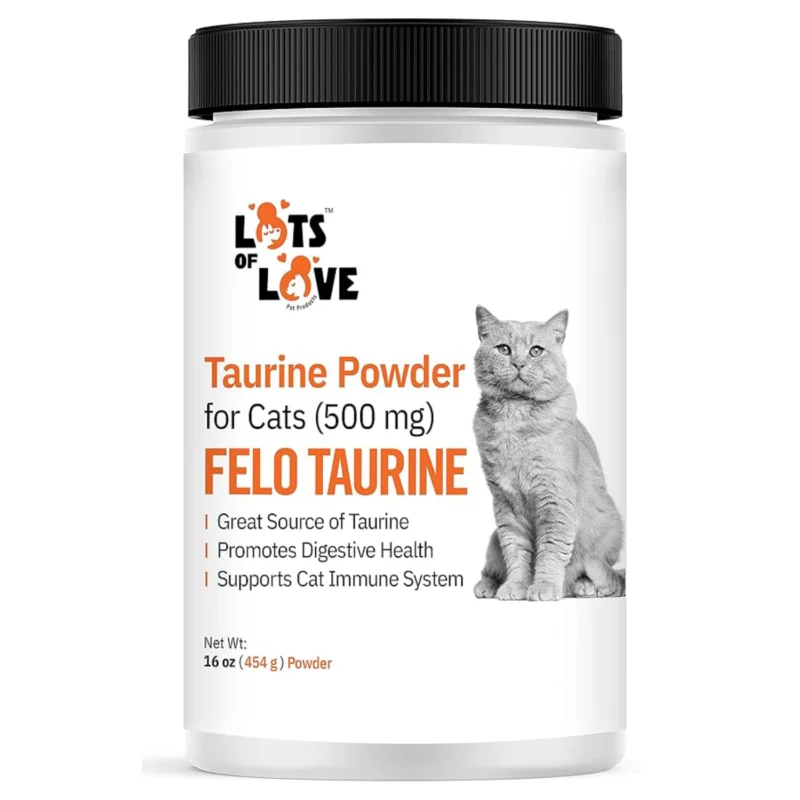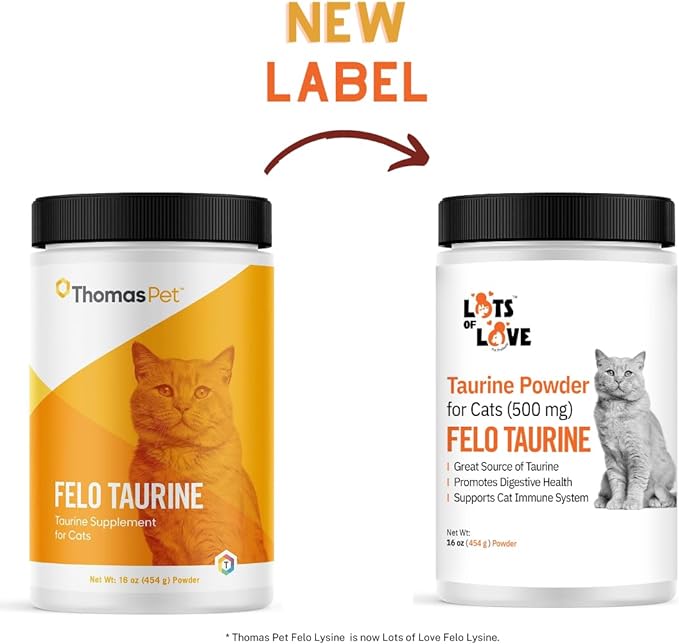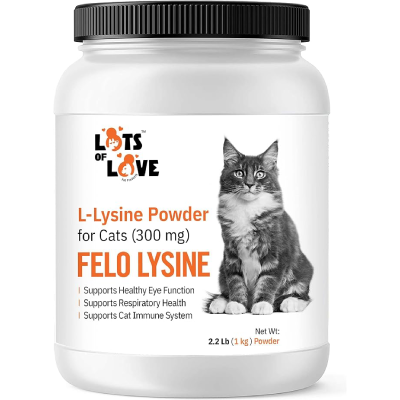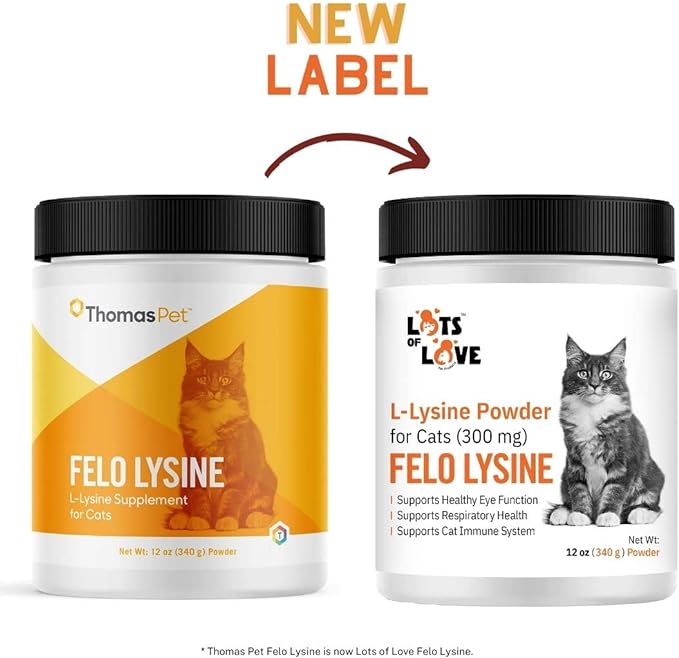Similar to humans, cats can get upper respiratory infections from viruses and bacteria. Upper respiratory infections in cats commonly involve the throat, sinuses, and nose. They are sometimes referred to as feline infectious respiratory disease and feline upper respiratory disease complex.
Causes of Upper Respiratory Infections in Cats
Upper respiratory infections (URIs) in cats are commonly caused by viruses and bacteria. According to Fetch by WebMD, feline calicivirus and feline herpesvirus account for 80-90% of all contagious upper respiratory problems. These viruses are widespread issues in places with large groups of cats, such as shelters, catteries, and multi-cat households.
Common causes of URIs in cats include:
- Feline herpesvirus type-1 (feline viral rhinotracheitis or FVR)
- Feline calicivirus (FCV)
- Bordetella bronchiseptica (B. bronchiseptica)
- Chlamydophila felis (C. felis)
- Less common agents include mycoplasma and feline reovirus
How Upper Respiratory Infections Spread:
Similar to humans, a cat’s upper respiratory tract is susceptible to infections caused by a wide variety of bacteria and viruses. These organisms can be transmitted from cat to cat through direct contact, airborne droplets, and contaminated surfaces. The bacteria and viruses that cause upper respiratory infections are highly contagious and can easily spread through coughing, sneezing, or sharing food and water bowls.
Once cats are infected with a particular disease, they can become carriers (sometimes for life) and can transmit the viruses to others, although they may not show clinical signs.
What Cats Are Susceptible to Upper Respiratory Infections?
Some various factors or stressors can compromise the respiratory tract and make cats susceptible to upper respiratory infections, including stress and overcrowded living conditions. For this reason, cats that live in shelters, boarding facilities, or multi-cat households are more susceptible to infection. After cats recover, they may experience recurrences later on when they are stressed.
A cat’s physical condition, age, and vaccination status can also increase or decrease their susceptibility to infection. According to Fetch by WebMD, certain breeds are more susceptible to upper respiratory infections than others. Breeds like Persians and other flat-faced breeds are predisposed to developing upper respiratory infections due to their facial structure.
Symptoms of Upper Respiratory Infections in Cats:
Although symptoms can differ depending on the cause of the infection, there are some common symptoms of upper respiratory problems in cats. These symptoms include:
- Coughing
- Sneezing
- Nasal congestion
- Runny nose
- Gagging
- Drooling
- Fever
- Eye/nasal discharge (clear or colored)
- Lack of appetite
- Nasal and oral ulcers
After cats are exposed, there is an incubation period of 2-10 days before they start showing symptoms; however, they can still spread the infection to other cats during this time. According to VCA Animal Hospitals, most cases of URI in cats last 7-10 days.
It’s also common for cats to develop secondary bacterial infections when they have a viral infection.
Other Causes of Coughing in Cats:
There are various different causes of coughing in cats, some more serious than others. That’s why Thomas Labs recommends taking your cat to the veterinarian for a proper diagnosis if your cat is showing symptoms of an upper respiratory infection or has a cough.
Some additional causes of coughing in cats include:
- Asthma
- Heartworms
- Fungal lung infection
- Allergies
- Lung cancer/tumors
- Pneumonia
- Congestive heart failure
Treating an Upper Respiratory Infection:
Treating an upper respiratory infection in cats may include rest, nutritional support, fluid therapy, isolation, and medications. If the infection was caused by a bacterial agent, antibiotics can help treat the infection. Antibiotics may also be used to help prevent secondary bacterial infections, although they won’t help treat the infection if it’s caused by a virus.
Other tips for treatment include:
- Keeping cats in a well-humidified area, or taking them into a steamy bathroom several times a day for 15 to 20 minutes, can help with congestion and coughing
- If your cat has a severe cough, your vet may recommend cough suppressants
- Wiping away discharge from the eyes and nose with a moistened washcloth can help minimize irritation from nasal discharges
- Nose drops and/or eye ointments can also help with nasal discharge
- Severe cases of disease can lead to dehydration in cats, so it’s important to keep your cat hydrated. Canned food can help increase water intake and encourage eating, and an electrolyte supplement can help support normal hydration
In rare cases, upper respiratory infections can progress to other health issues, including pneumonia, so treating the issue is important.
Preventing an Upper Respiratory Infection
There are a few different steps that pet owners can take to help prevent their cat from getting an upper respiratory infection, including limiting your cat’s exposure to other animals, isolating infected cats from other pets, minimizing stress, disinfecting shared items like food bowls, and practicing good hygiene when handling multiple cats.
It’s also important to take your cat to the vet for regular checkups because preventative care can help catch and treat health issues early. Keeping your cat’s immune system healthy is important for preventing an upper respiratory infection.
Your vet can also ensure your cat is up to date on vaccines. It’s important to note that vaccines for the common causes of upper respiratory disease don’t always prevent infection, but they can help reduce the severity and length of the infection.You can provide your cat with Felo-Lysine developed by Lots of Love Pet Products, it is very helpful in maintaining your cat’s immunity and supports normal recovery in cats.
Respiratory Remedy
At Lot of Love Pet Products we understand that respiratory issues are common in cats. That’s why we developed L-Lysine Powder for Cats, a supplement that supports healthy respiratory function and immune support in cats. It contains essential nutrients to support the respiratory system during times of occasional stress. These nutrients work together to support healthy lung function as well as soothe, strengthen, and tone mucous membranes.
You can buy this online at Lots of Love Pet Products or you can visit our Amazon Store also.

 DOG HEALTH SUPPLEMENTS
DOG HEALTH SUPPLEMENTS DOG DIGESTIVE SUPPLEMENTS
DOG DIGESTIVE SUPPLEMENTS EYE & EAR DROPS
EYE & EAR DROPS SKIN & COAT SUPPLEMENTS
SKIN & COAT SUPPLEMENTS CAT SUPPLEMENTS
CAT SUPPLEMENTS



